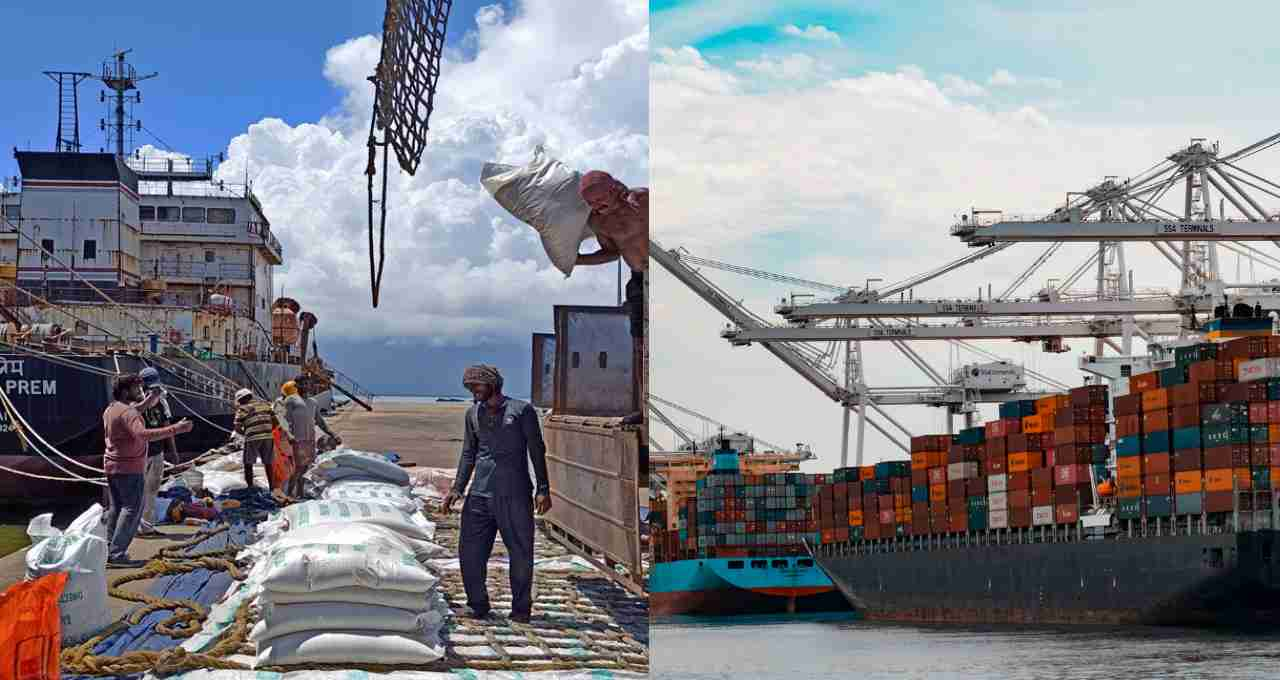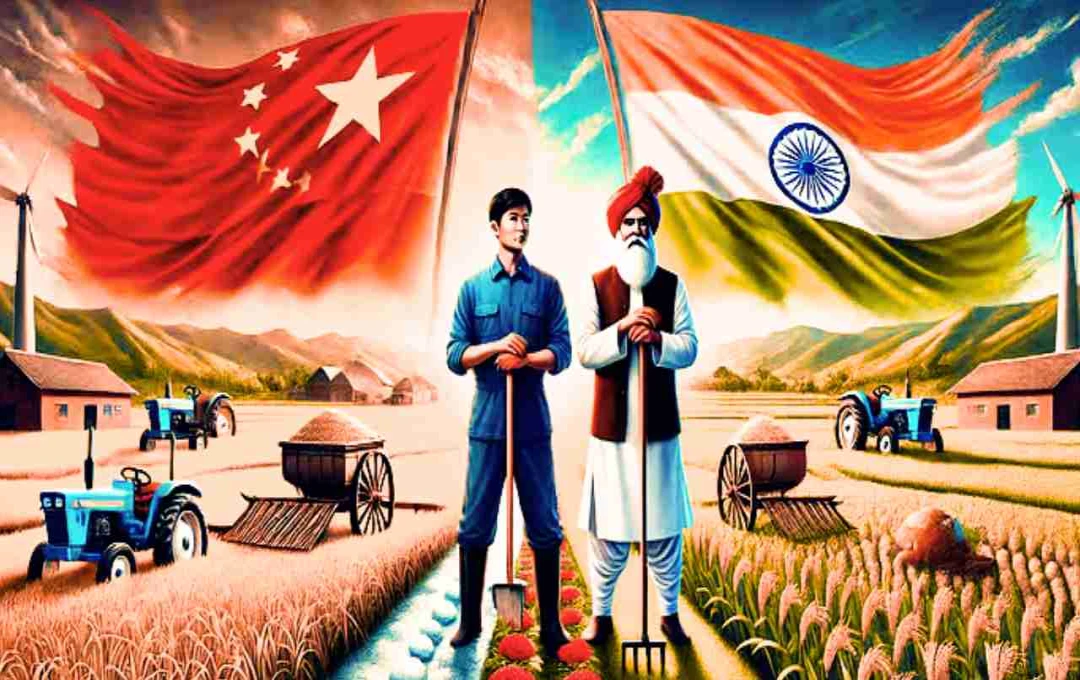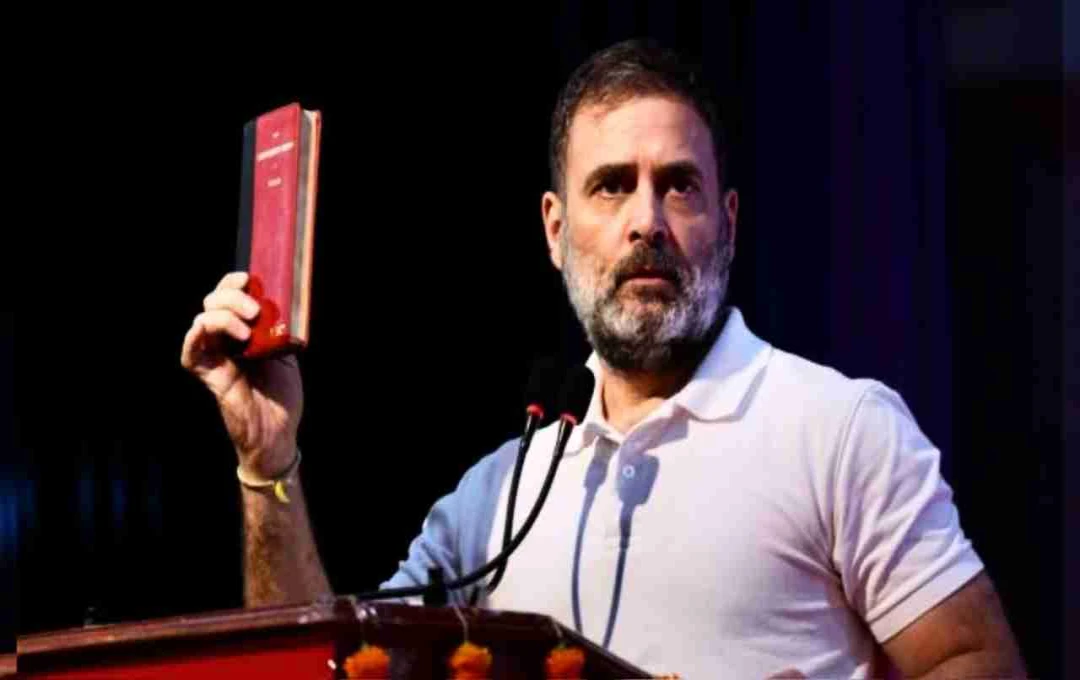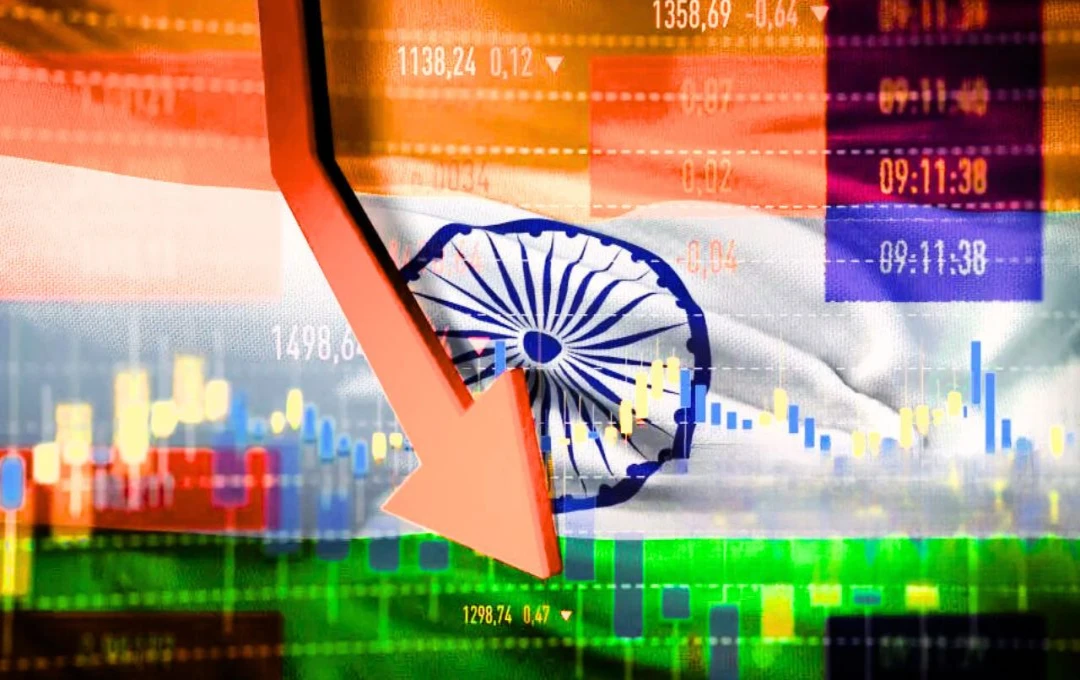China, a Close Ally of Pakistan, is Once Again Adopting an Anti-India Stance. It has recently halted the supply of rare earth magnets and now, it has also ceased the supply of specialty fertilizers.
Tensions between India and China are continuously escalating. While border disputes remain unresolved, China is now attempting to exert pressure on India through the trade front. A recent development has seen China suspending the supply of specialty fertilizers – crucial inputs for boosting yields of fruits, vegetables, and specialized crops in India.
This new development poses a significant threat to this emerging variety of fertilizers, which is poised to become the backbone of Indian agriculture. The primary concern is that China is restricting the supply solely to India, while continuing to export these fertilizers to other countries. Industry experts and business leaders indicate that China has been unofficially blocking shipments of these fertilizers to India for the past two months.
Increased Concern Among Indian Companies
Indian companies importing specialty fertilizers are experiencing considerable disruption. Over 80% of these fertilizers currently come from China. Rajib Chakraborty, President of the Soluble Fertilizer Industry Association, stated that China has been obstructing the supply of these fertilizers to India for the past four to five years. However, this time, the restriction has been complete.
Sources suggest that while China hasn’t formally imposed a ban, it has implemented a government inspection process on fertilizers destined for India, preventing them from reaching Indian factories. This is causing delays and hindering the delivery of these essential inputs.
China’s Strategic Maneuvering
Experts believe that China is leveraging trade pressure as a tool to exert pressure on India, given the ongoing tensions. In recent years, the Indian government has tightened controls on investments originating from China and mandated approvals for foreign investment in certain sectors. Furthermore, India has intensified scrutiny and imposed duties on sensitive products.
In response to these measures, China is now imposing unofficial restrictions on the export of key raw materials and products, including India, as a means of applying pressure. This follows the earlier halt to rare earth magnet supplies and now comes with this new setback regarding specialty fertilizers.
What are Specialty Fertilizers?

These fertilizers differ significantly from conventional fertilizers. They include water-soluble fertilizers, liquid fertilizers, controlled-release and slow-release fertilizers, micronutrient fertilizers, customized formulations, organic fertilizers, and nano fertilizers. The Indian government does not provide subsidies for these fertilizers, but they are highly beneficial for enhancing crop yields and maintaining soil quality.
These fertilizers are particularly used in the cultivation of fruits, vegetables, flowers, and high-value crops. Compared to traditional fertilizers, they also cause less environmental damage and provide more precise nutrition.
India’s Import and Market Situation
Indian companies import substantial quantities of specialty fertilizers annually, between June and December. Industry data indicates that India imports approximately 1.5 to 1.6 lakh tonnes of specialty fertilizers during this period.
According to the Fertilizer Association of India, the market for these products is growing rapidly. Estimates predict that the micronutrient fertilizer market will surpass one billion dollars by 2029, with an annual growth rate of 9.2%, followed by a 15.6% annual increase in biostimulants and a 7% increase in organic fertilizers.
Domestic Production Deficit

The primary challenge is that India currently lacks the technology and resources to manufacture these fertilizers on a large scale. This is partly due to historically limited consumption. When government subsidies are absent, farmers tend to favor traditional fertilizers.
However, with the increasing importance of both quality and productivity in agriculture, the demand for specialty fertilizers is also steadily rising. Consequently, several Indian companies are now expressing interest in establishing production units in this sector. However, it may take some time before production commences.
What are India’s Options?
In response to China’s unofficial blockade, Indian companies are now turning to alternative sources, including Jordan and European countries. However, importing from these nations is more expensive and time-consuming compared to sourcing from China.
A senior official at a multinational fertilizer company stated that sourcing products from other sources is challenging due to the difficulty of ensuring timely supply, and the price remains a significant factor, as China has historically offered these products at lower prices.
The Role of Key Companies
Indian fertilizer companies, including Deepak Fertilizers, Paradeep Fertilizers, and Nagarjuna Fertilizers, are taking this situation seriously. These companies are currently focusing on increasing production to meet domestic needs. Companies believe that government support and the implementation of subsidies or incentives would enable the establishment of specialty fertilizer manufacturing facilities in India, contributing significantly to achieving self-reliance in this sector.















